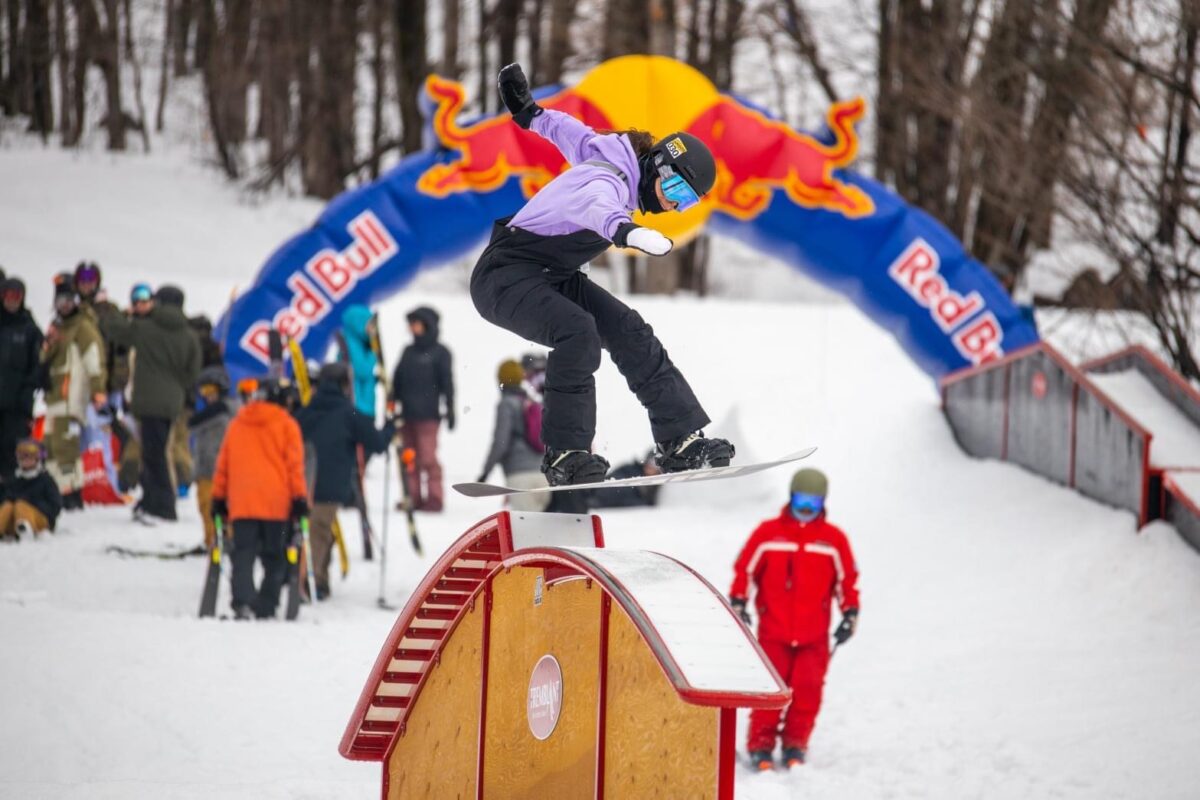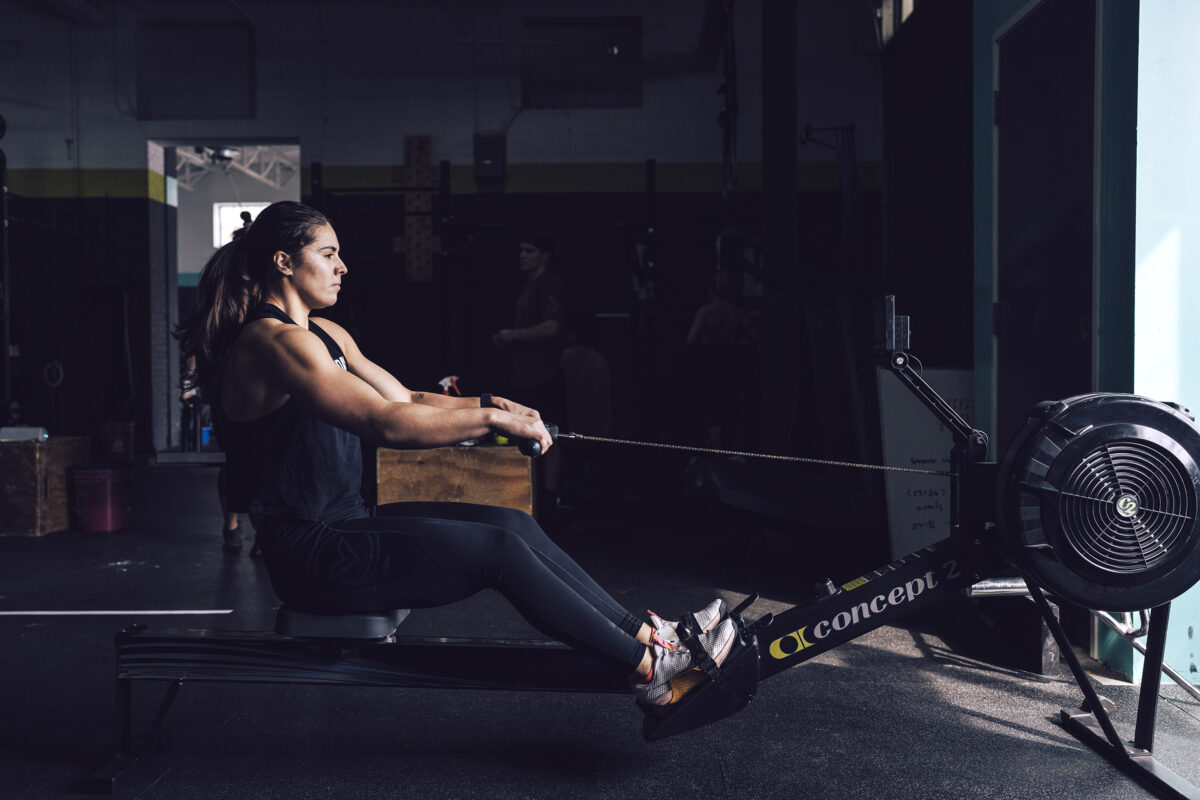In this past week’s episode of the ALL IN podcast I discuss the importance of rest and recovery days, and my personal rest and active recovery day protocols. Whether you’re a pro athlete, weekend warrior, or not involved in sports as all – I think rest and recovery days are incredibly important, and I tend to even structure my work routine, not just training routine, with the same approach. I also speak on deload weeks and the importance of taking some time off or even an offseason.
Tune into ALL IN with Natalie Allport on your favourite podcast / audio platform for the full episode.
Before I share my own routine and protocols, I want to define some main terms. You might know these already but in case you don’t and for specific contextual reference of the podcast, I’ll define them now:
- Nervous system: our bodies command system
- Sympathetic nervous system = stress, fight or flight
- Parasympathetic nervous system = rest and digest
- Volume: amount of work you do (high volume: high reps, lots of time spent training, perhaps minimal rest between workouts)
- Intensity: how difficult the work you do is
- Rest day: day off training or work (depending on context)
- Active recovery day: lighter day but not completely off – goal of activities is to help recover better for your main training / work days
- Deload week: week of lower volume / intensity . Deload in general is a short planned period of rest, not time off
- Off season: time off competing / competition prep training
- Periodization: the planned manipulation of training variables (load, sets, and repetitions) in order to maximize training adaptations and to prevent the onset of ‘overtraining syndrome’ (in the podcast I touch on the debate on if this exists or not)
- High cognitive stress day: projects or work that require a lot of brain power – tough conversations even, school / work / exam
- Low cognitive stress day: easy repeatable tasks, don’t require a lot of brain power. Fun social day with friends, or low key day at home or work
- High CNS training: high intensity sprints, olympic lifting, high skill work,
- Low CNS training: low intensity, slower training, lighter loads
Ok so now that we’ve gotten some of the terms lets talk about the importance of rest / recovery / and deloads!
We’ve all seen the motivational posts that say “take no days off”, and even I post a lot about keeping momentum by sticking to your promises to yourself. However, when I say that I mean also sticking to taking rest and recovery days. Discipline isn’t about not taking any days off, it’s about sticking to the routine you have set, that hopefully is a smart one that incudes appropriate rest and recovery.
I have seen it time and time again where athletes and workaholics alike are undisciplined in taking rest and recovery. They are so addicted to needing to train hard and push themselves everyday that when they say they are going to take a rest day, they still end up in the gym, not actually resting how they should, or working. I know this because I used to be this person, and in some aspects of my life sometimes I fall back into it, especially when it comes to working.
Often when we are so used to pushing ourselves, it’s actually harder to take that day off or just do lighter training or workloads. You might feel fear of mission out, maybe you scroll instagram and see those hustle culture posts or someone else training and feel like you’re falling behind. I want you to know that you’re not, and in fact, rest and recovery can help you get ahead.
Even in pro athlete’s programs, they are taking rest and recovery days, including deload weeks and off-season. Because to get to the top level you need to stay healthy, have longevity and . And this applies to sport, training, and life – all of it. Because consistency over the long term is much more important than short term intensity, then injury or burnout or not being able to maintain that intensity for long.

Even if you think you are the exception to that rule – that somehow you can recover faster than anyone else and push harder for longer – remember that every athlete or person who burnt out shared that same belief before hand.
I don’t want that to sound negative, it’s just that often we can have that inflated sense that we are unique and don’t need to listen to the science that says otherwise. That we are the outlier, but that type of thinking prevents us from actually becoming the outlier that accomplishes our goals. You have to have confidence you can achieve it, and listen to your body which may say you can push harder than most other people, but also respect general rules of physiology, health and training. Our bodies and minds do have breaking points.
For me personally, I usually take one full rest day a week, and one active recovery day. Usually Sunday is my full rest day because it allows me to have a weekend day off when most of my friends and family are off work, but sometimes it can change depending on my schedule and what else I have going on.
For example, in the winter Sundays I go snowboarding. I find this to be relatively low stress on my body and mind, and I’ve noticed through monitoring that my recovery is pretty high after these days. So I consider this more active recovery, because I feel ready Monday to do my full training, but I monitor more closely throughout the week on if I need to take a rest day later or just make higher training day a lower one to make up for not really having a full rest.

The good part about these days, and what I find helps my recovery, is that I am having fun with friends outside – 2 things I find that help me recover, and I get a break from being on my phone, from work, and from my normal training routine. Sometimes on rest days I like to completely do nothing, but I find often when I do some very light movement I do feel better.
Side note – something very important in this conversation is monitoring your own body and recovery. What might help me recover might be stressful for you, and vice versa. We are all different, and although there are some general protocols like hydrate well, get enough sleep etc, you have to find what works best for you through trial and error.
Ok back to my own protocols that I have learnt through a lot of trial and error – usually my active recovery days are a bit like light training days. Often I focus on low intensity cardio, keeping my heart rate low and in an aerobic zone like zone 2 training which is something you can look up more about online. When I do a low intensity run, bike or cardio session I feel my recovery increase – it might not be that way for you necessarily, but that is what I have found for me. On this day I am still doing some training, not a complete break, but enough reduction of volume and intensity that I am recovering and also getting blood flow.
Now, I also alter these days depending on my training partners schedule. I find I train better overall with a training partner – especially on my high intensity days, and I currently train at my training partners house, so my schedule kind of changes based on what he is doing because I want to time my more intense training days with him, and then take my active recovery and rest days on days he is also doing that or is away somewhere or something like that.
The goal of an active recovery day is to improve your recovery so you can go harder and have more quality on your other training days. For me also, I need to do more volume of zone 2 endurance work, so it has that added benefit for me of progressing that base fitness while helping me make further gains in other areas through recovery. Some ideas of things to do on an active recovery day is hike, jog, biking is a great lower intensity activity vs running, or swimming is something I do often and allows me to improve that skill and modality as well. In general – reduce your training volume and intensity on active recovery days. For me this means not doing as much strength to reduce load on my joints and muscles and not doing really high intensity workouts on that day. I want to let me central nervous system recover by not getting into as high a sympathetic state, and focus more on getting into parasympathetic states.

Rest days I try to completely avoid the gym to get the added mental benefit of not being in the gym every single day and making me hungry to get back to training after.
Now you might be asking, do I need active recovery days or rest days and how much? I would listen to your body, or seek out a coach who will get to know you well and create a program based on how you adapt to training and how you recover.
I personally believe everyone should be doing at least 1 day of lighter workload per week. However, if training for you means a daily walk, then perhaps you don’t necessarily need a day off because that form of training is relatively light and easy to recover from overall. However maybe a walk is intense for you, then yes I would say taking a lighter day or day off once a week would be beneficial.
In the context of work, I like to try to take a full day away from my laptop and lower my phone use compared to normal to also have a bit of a mental break. This allows my mind to be more focused and creative on days I have higher cognitive load or more stress.
Let’s talk now about deload weeks. A deload week is important in a periodized training program because it allows you to over reach and then recover. So let’s say from week 1 – 3 you are upping the intensity and or volume or work you do, to the point it is really difficult and hard to recover from, and then you do a deload to adapt and recover and then start the process over.
Coaches will say that elite athletes usually need deloads more often than less trained individuals as they are usually doing higher training volumes and intensities and someone just starting out can make adaptations much faster and do longer training cycles.
When it comes to off seasons, I also think they are important for athletes who have had stressful training and competition seasons. Give yourself a break, do something different, and then come back refreshed. All the top athletes are doing this, and if your sport doesn’t have a normal season, perhaps thinking more about deload weeks or extended recovery for some time in the year.
Hope this helps you realize the importance of rest and recovery and give some insight into my schedule as a full-time athlete training for the sport of CrossFit.
